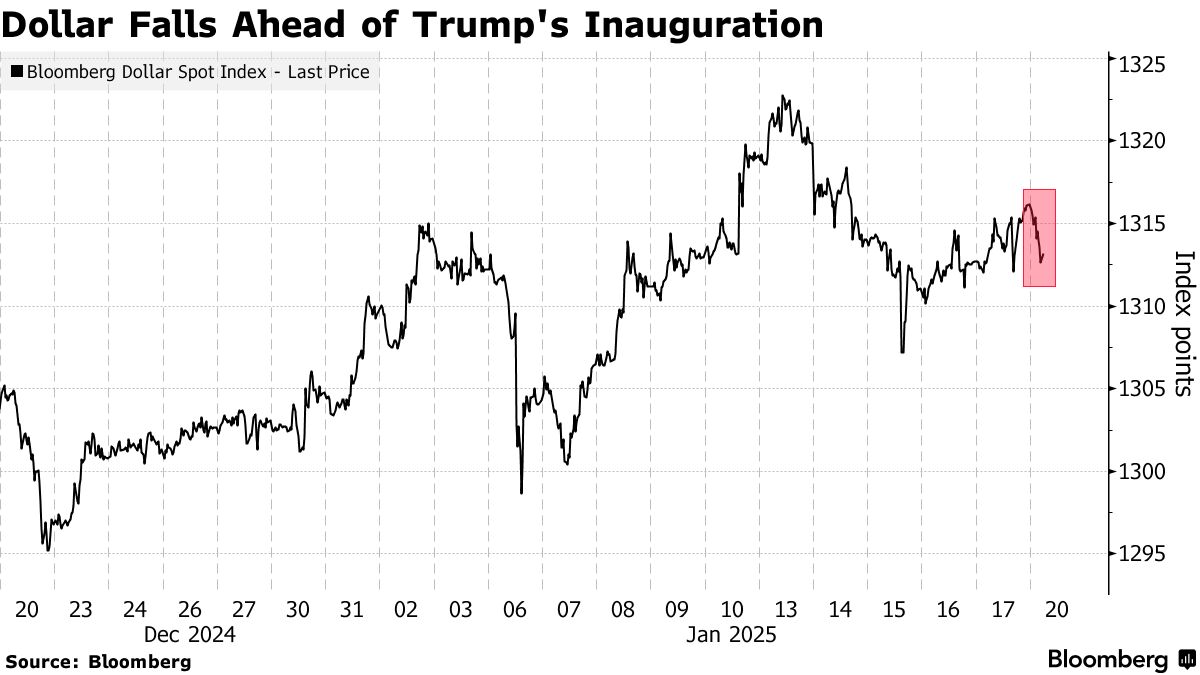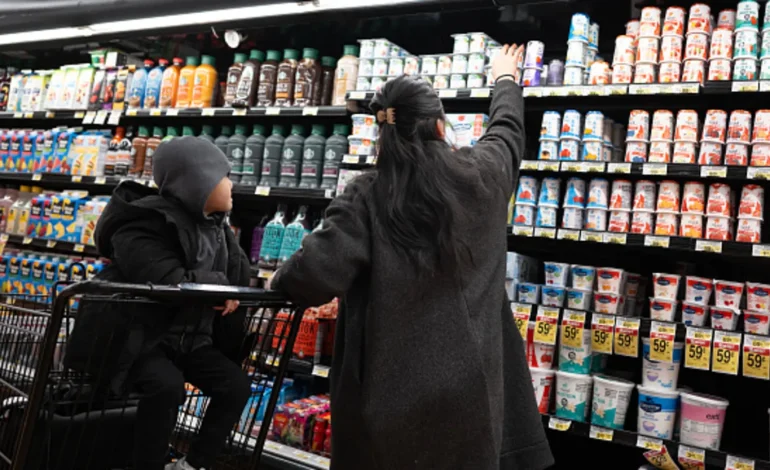As President-elect Donald Trump prepares for his inauguration, the topic of tariffs has once again become central in the discussion of US trade policy, CNBC reports.
Trump has previously proposed imposing tariffs on foreign-made goods, particularly from China, with the aim of promoting US manufacturing, boosting job creation, and strengthening national security. However, such tariffs could have significant consequences for a wide range of industries and everyday products.
During his campaign, Trump indicated that he would implement tariffs of up to 20% on imports, with specific mentions of raising duties on Chinese goods as high as 60%. These tariffs could affect a broad spectrum of consumer goods, including sneakers, cars, furniture, and even food items such as avocados and beer. US consumers could feel the impact, as many products on store shelves are made overseas, particularly in countries like China, Mexico, and Canada.
While the exact details of these proposed tariffs remain unclear, experts agree that they could cause price increases across various industries. Retailers, manufacturers, and consumers alike are bracing for the possibility of higher costs. According to a Morning Consult survey, a significant portion of Americans expect companies to pass on the additional costs of tariffs to consumers, which could result in higher prices for everyday items.
One area that could be notably impacted is the furniture industry. China is the largest exporter of furniture to the US, and any tariffs imposed on these goods could significantly increase prices. In particular, a 60% tariff on Chinese furniture could lead to substantial price hikes. For instance, a $2,000 couch could increase in cost to as much as $2,400, forcing retailers to reassess their supply chains and potentially relocate production to other countries like Vietnam or Mexico.
Similarly, the toy industry, which relies heavily on Chinese imports, could face a significant cost increase. With around 80% of toys sold in the US coming from China, prices for popular toys like Barbie dolls could rise by as much as 56%. This could lead parents to reconsider their purchasing decisions or turn to unregulated, potentially unsafe alternatives.
Footwear is another category that stands to experience higher prices. Approximately 37% of footwear sold in the US is imported from China, and any tariffs would likely lead to price hikes for consumers. Manufacturers have already begun shifting production away from China to mitigate potential tariff impacts, but costs are expected to rise regardless.
Tariffs on imports from Mexico could have far-reaching effects, particularly in the automotive industry. Mexico is home to many automotive plants that supply the US with parts and vehicles. The imposition of tariffs on Mexican goods could jeopardize the profitability of major car manufacturers like General Motors, Ford, and Stellantis, all of which have substantial operations in Mexico. Industry analysts predict that a 25% tariff on Mexican imports could significantly impact these companies’ earnings.
Consumers could also face higher prices for everyday products like beer and avocados. Mexican beer brands, including Modelo and Corona, have become staples in the US market. A tariff on Mexican imports could raise the cost of these beers by 16%, potentially leading to higher prices for consumers. Additionally, since Mexico supplies about 90% of the US avocado market, tariffs on Mexican avocados could cause price increases for this beloved fruit, which has become a staple in American households.
Canada, another key US trading partner, could also be affected by Trump’s tariff proposals. Tariffs on Canadian goods would particularly impact the automotive industry, as Canada is a major exporter of auto parts and vehicles. US automakers rely on Canada for nearly half of their auto parts, and any disruption in this supply chain could lead to higher vehicle prices for American consumers.
In addition to automobiles, other Canadian exports could see price hikes. For example, Canada is a major supplier of frozen French fries to the US, and tariffs on these goods could increase the cost of this popular food item. Similarly, high-end apparel from Canadian brands like Canada Goose, known for its premium winter jackets, could also become more expensive if tariffs are implemented.








